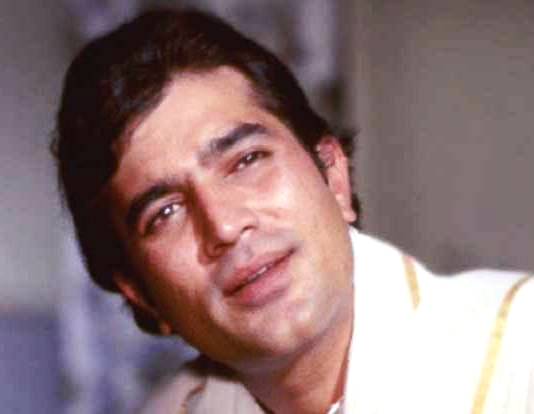
Mumbai, July 19: The last rites of Rajesh Khanna were performed by his grandson Aarav at the Vile Parle crematorium Thursday with family, friends and fans bidding the superstar a tearful adieu.
The actor's nine-year-old grandson thrust a torch into the pyre with the help of his actor-father Akshay Kumar, who is married to Rajesh Khanna's elder daughter Twinkle, and the body of the superstar, who became heartthrob of millions since attaining stardom in 1969, was engulfed in flames.
The actor, fondly called Kaka by his family and friends, passed away Wednesday morning following a liver infection. He was 69.
His last journey generated the same frenzy that he did when he attained stardom in the 1970s.
The legend's final journey started around 10 a.m. from his residence Aashirwad in Bandra. His body, in a transparent casket, was placed on a mini-truck decorated with white flowers and the crowd moved along with it.
Thousands, including the superstar's fans, friends, family and film fraternity members gathered to say a tearful goodbye to Rajesh Khanna, signifying the loss of a great star.
The procession started from his Bandra residence and went through Carter Road, Turner Road and S.V. Road before reaching the crematorium. The original plan was to have a longer procession, but due to rain it was kept short, but it didn't deter his fans, who gathered in huge numbers.
The frenzy was perhaps just what the Bollywood's first superstar had been missing all these years.
It was a farewell that the superstar deserved.
With him on his last journey were his estranged wife Dimple, who took care of him in the last days, his younger daughter Rinke and son-in-law, Akshay. Twinkle was missing from the procession as she is in the family way.
Among the Bollywood big wigs who attended his last rites were Amitabh Bachchan, his successor as superstar, Sudhir Mishra, Rani Mukerji, Karan Johar, Sajid Khan, Abhishek Bachchan, Vinod Khanna and Aadesh Shrivastava.
Rajesh started his career with the 1966 film "Akhari Khat" and went on to give hit films like "Aradhana", "Kati Patang", "Anand" and "Amar Prem" that propelled him to dazzling fame.
His last words before his demise, according to megastar Amitabh Bachchan, were "Time to pack up" i true Bollywood-style.





Comments
Add new comment